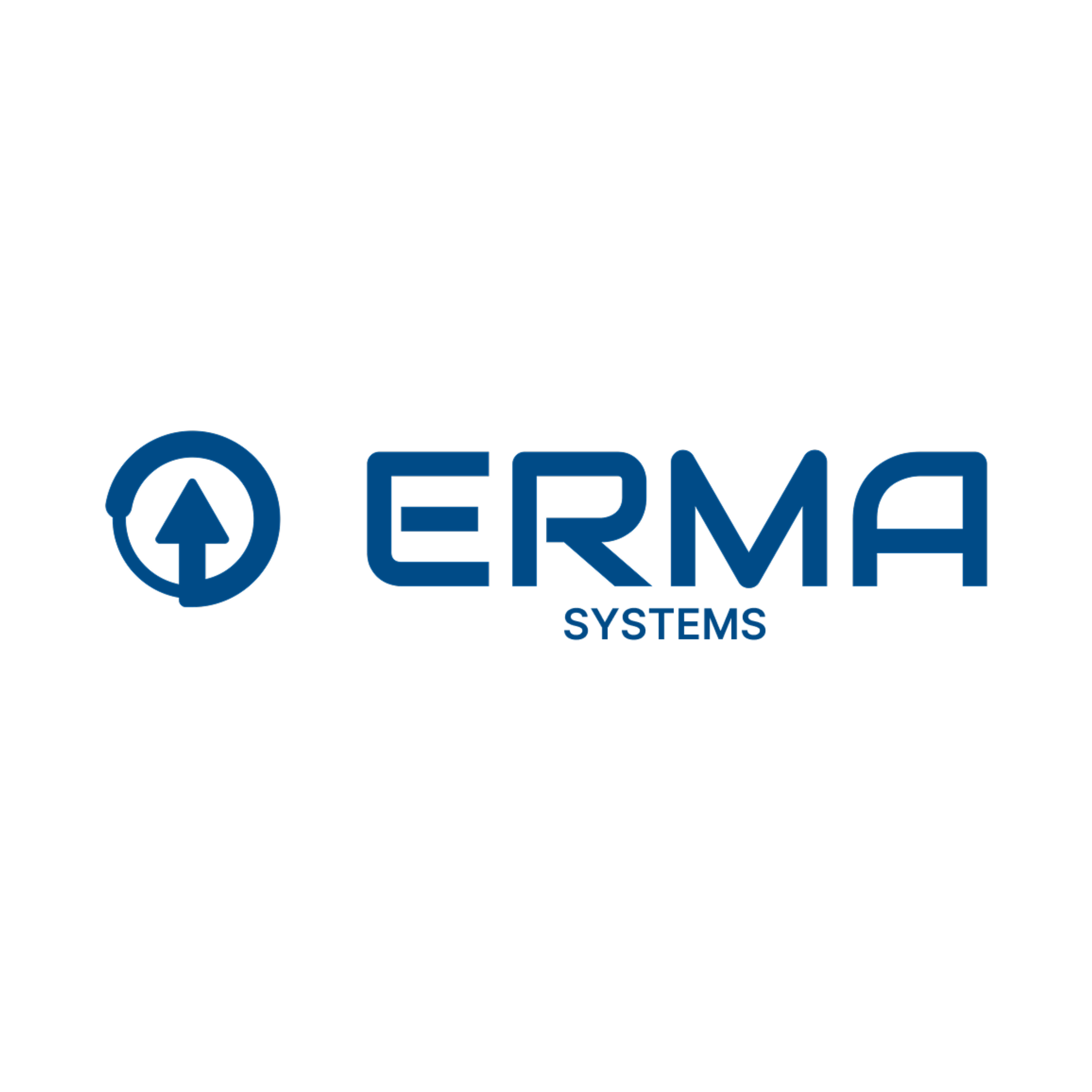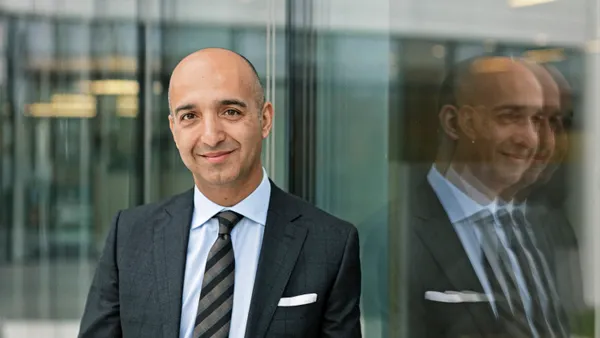Today, a brief rundown of news involving Amylyx Pharmaceuticals and Sanofi, as well as updates from Novartis, Roche and Eisai that you may have missed.
A mid-stage clinical trial testing the best-known drug from Amylyx Pharmaceuticals has failed, leading the company to discontinue the experiment along with a related extension study. The drug, code-named AMX0035, didn’t meet the primary or secondary goals of the trial, which focused on a rare neurological condition called progressive supranuclear palsy. In a statement, Amylyx co-CEOs Joshua Cohen and Justin Klee said their teams will continue to develop AMX0035 for another uncommon disorder, Wolfram syndrome, though the “highest priority” remains a late-stage study of a blood sugar-adjusting medicine the company acquired last summer. AMX0035 previously received U.S. approval for the treatment of ALS, but was pulled from the market in 2024, leaving Amylyx without its main revenue generator. In that Wednesday statement, the company said it expect its cash runway to extend through the end of next year. — Jacob Bell
Sanofi has appointed Marcia Kayath, a pharmaceutical industry veteran who most recently served as BioMarin Pharmaceuticals’ global head of medical affairs, to succeed Dietmar Berger as its chief medical officer. According to an internal memo obtained by BioPharma Dive, Kayath will start in the role on Sept. 2 and report to Sanofi’s global head of R&D, Houman Ashrafian. “In this strategic position, Marcia will lead our medical and patient safety organizations at a pivotal time as we are planning to advance our most ambitious modernization journey to date,” Ashrafian wrote in the memo. Prior to BioMarin, Kayath worked at Novartis, Eli Lilly and Pfizer. — Ned Pagliarulo
Novartis is partnering with BioArctic, the Swedish company that invented the drug Eisai and Biogen later developed as Leqembi, to generate a new drug candidate for an undisclosed neurodegenerative disease. Novartis will pay BioArctic $30 million upfront to start the collaboration, which could eventually pay the biotech up to $772 million if all milestones are reached. The companies will evaluate using a Novartis-owned antibody with BioArctic’s “BrainTransporter” technology, which is designed to improve uptake of drugs in the brain. — Ned Pagliarulo
Genentech broke ground Monday for the Roche subsidiary’s first East Coast manufacturing facility in Holly Springs, North Carolina. The site, which will span 700,000 square feet when complete, is meant to produce Genentech’s cardiometabolic medicines, including treatments in development for obesity. Genentech expects the facility to be operational in 2029, when it will employ an anticipated 400 manufacturing workers. Roche recently committed to investing $50 billion in U.S.-based manufacturing over the next five years, a response to President Donald Trump’s threats of tariffs on pharmaceutical goods. — Ned Pagliarulo
Leqembi, a closely watched drug for Alzheimer’s disease, began selling in the European Union this week. Eisai, the Japanese pharmaceutical firm that has led Leqembi’s development and commercialization, said the medicine launched in Austria on Aug. 25 and will do the same in Germany on Sept. 1. Following a drawn-out review, European regulators approved Leqembi in April, opening the door to an important source of revenue for Eisai and its partner Biogen. RBC Capital Markets analyst Brian Abrahams previously estimated that peak annual Leqembi sales would reach $8.3 billion, with 20% coming from the European market. — Jacob Bell














